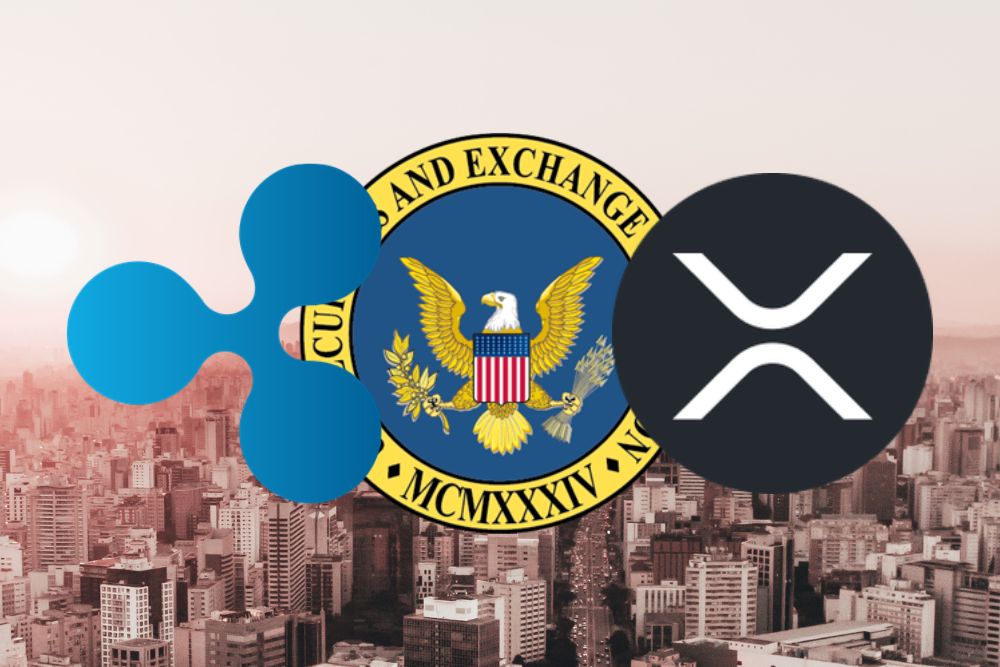

The prolonged legal battle between the Securities and Exchange Commission (SEC) and Ripple Labs over XRP’s classification continues to draw scrutiny. Legal experts are questioning the SEC’s demand for remedies that significantly exceed typical penalties in cases involving unregistered securities sales.
Law professor J.W. Verret in a post on X, highlights that the SEC’s desired penalty of 300% of unregistered sales against Ripple starkly contrasts with the 11% standard common in similar cases. Verret asserts that this discrepancy suggests an abuse of power.
Read Also: Ripple CEO Garlinghouse and Chairman Chris Larsen React As the SEC Drops All Charges
To illustrate this disparity, Verret shared a graphic comparing the SEC’s demands in the Ripple case to settlements reached with Telegram, Kik Interactive, LBRY, and Kraken. Telegram paid $1.24 billion for $1.7 billion in unregistered sales, while LBRY’s penalty was only 1% of its unregistered sales. Kik paid 5% and Kraken 20.41%.
The SEC seeks $2 billion in fines from Ripple. This amount represents a 275% increase over the $729 million in XRP sales the court deemed unregistered securities.
Bill Morgan, a legal expert and commentator on the Ripple case, echoes Verret’s concerns, terming the SEC’s demands “very abusive.” Morgan believes the regulator’s actions may stem from frustration with the firm’s vigorous defense, which has prolonged the legal battle for over three years and potentially hindered the SEC’s broader plans for regulating the cryptocurrency market. The ongoing legal uncertainty surrounding Ripple appears to have negatively impacted XRP.
As of April 4th, CoinMarketCap data shows the token has experienced declines on its weekly, and monthly timelines. The SEC’s actions in the Ripple case raise questions about proportionality and the potential for regulatory overreach.
Read Also: Ripple vs SEC Lawsuit As of March 31, 2024: Settlement Conference
The SEC filed a lawsuit against Ripple Labs in December 2020 alleging that XRP, the cryptocurrency associated with Ripple’s payment network, should be classified as a security rather than a currency.
This distinction has far-reaching implications, as securities fall under stricter regulatory oversight than currencies. Ripple maintains that XRP functions primarily as a digital asset for facilitating cross-border payments and is not an investment contract subject to securities laws.
Follow us on Twitter, Facebook, Telegram, and Google News
The crypto industry has proven to be a lucrative venture that can turn small investments…
Following the recent Bybit hack, Ethereum (ETH) has suffered quite a fall after trading as…
A recent tweet from crypto enthusiast Random Crypto Pal has ignited discussions within the XRP…
When discussing Ripple and XRP, the conversation often revolves around cross-border payments. However, according to…
The Shiba Inu price trajectory has crypto traders buzzing, with speculation mounting over a potential…
After Bitcoin's slow transactions, a scalable project was needed to support other platforms within the…